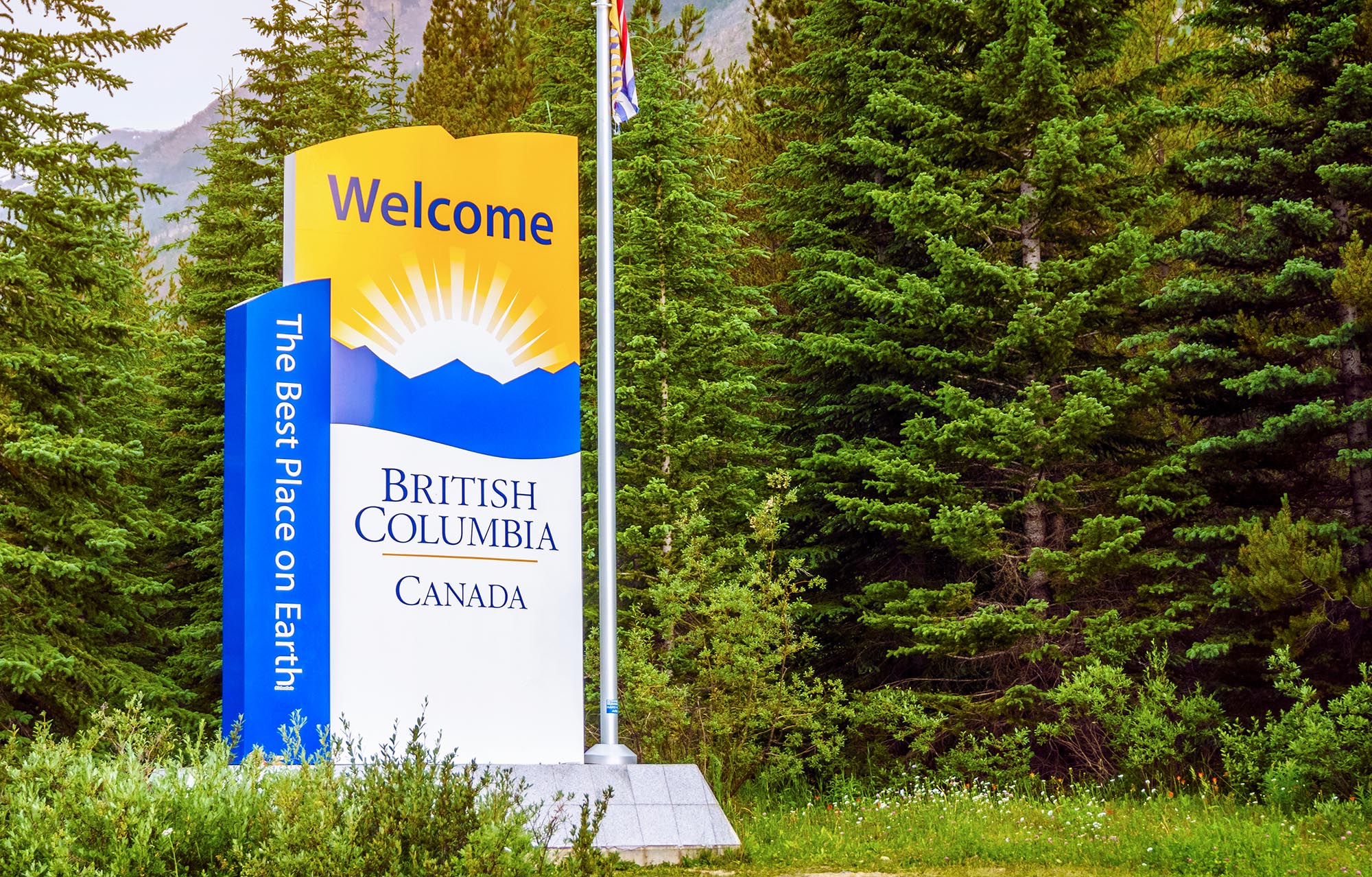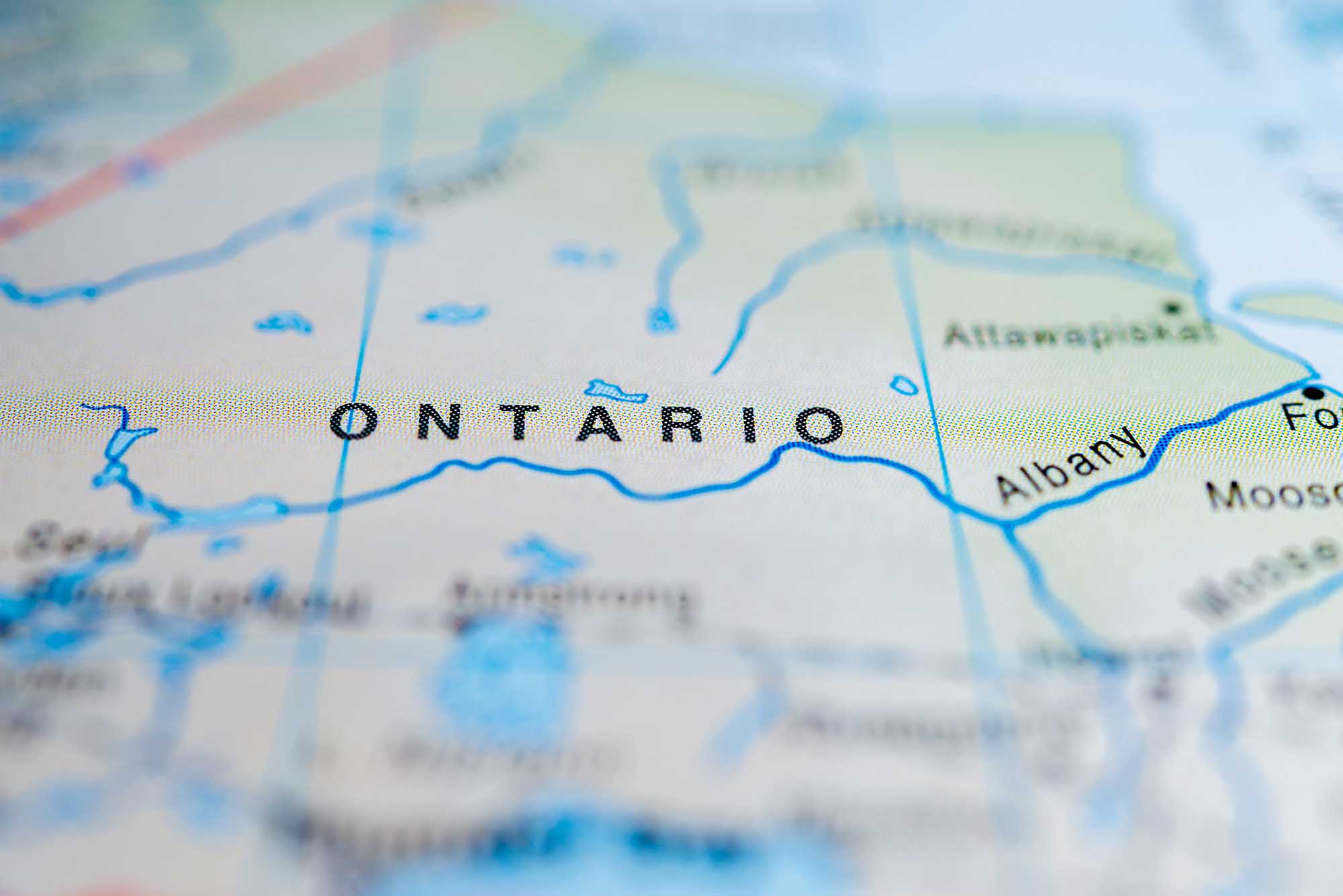Thinking of making the move across the border? While Canadian doctors have a reputation for making less money than their neighbors to the South, this isn’t the case for many specializations, where doctors in Canada can bill for more of their time and earn up to $100,000 more for their services. Combined with Canada’s many other benefits – like beautiful landscapes, clean cities, and high levels of professional satisfaction for doctors – it’s no wonder more and more American doctors are crossing the border. But what can you expect as an American physician moving to Canada? Here are some things you’ll need to know:
You Need to Apply for Residency
Even though getting your medical credentials recognized is a big part of the process, your first step should be seeking out permission to live and work in Canada. There are many ways US doctors can gain entry into Canada, but one of the most popular ways for a US physician moving to Canada is Express Entry through the Federal Skilled Worker program. With this program, in addition to getting your educational credentials verified and taking a language test (to prove you speak either French or English), you’ll be assigned points through the Comprehensive Ranking System, a system that assigns points to immigration candidates based on factors like age and education. Candidates who score above a certain number will be pulled out of the pool of applicants and offered permanent residency.
Fortunately for doctors, medical school gives you a leg up in the application process, with 126-135 points allocated for your professional degree. Combining this with other factors – like your spouse’s occupation, your age, and your level of English or French language proficiency, can easily give you the points you need to qualify. If you’re not sure, checking with a lawyer or other immigration professional is a good way to get the process started.
You’ll Need to Get Your Credentials Recognized
During the time you’re trying to gain permanent residency, you’ll also need to begin the process of getting your US medical credentials approved as equivalent by the Canadian medical bodies. While parts of this process are easier for Americans than their peers in other countries – owing to the similarities in Canada’s medical schooling system to that of the United States – you’ll still need to go through a fairly lengthy process to get your credentials recognised. This includes checking to see whether your degree is recognized, submitting it for verification, taking a medical knowledge test, and in some cases, preparing for – and applying to – residency spots.
This process can take plenty of both time and money, so keep this in mind before you begin – some estimates put the cost of accreditation at over $7000, and there will be a significant investment of your time as well. Budgeting for this cost beforehand, as well as starting the process well ahead of when you hope to leave, will help you to avoid unpleasant surprises.
It’s Best to Finish Residency Beforehand
Even if you know you want to move to Canada while you’re still in medical school, it’s best if you complete your residency in the US first. This might mean delaying your plans, but it’s worth it in the long run. While most US medical school residencies are accepted under Canada’s medical regulatory bodies, IMGs – internationally trained graduates of medical schools worldwide – are allocated a very small portion of the total residency spots in Canada. These IMG positions are extremely competitive, and it’s generally much easier for American doctors moving to Canada to complete their work experience in the USA.
In addition to the competition for Canadian residencies, American doctors seeking a residency spot will need to complete the National Assessment Collaboration (NAC) examination. This test must be done in Canada, and costs $2,945 as of 2021. Canada’s rules for resident doctors are strict, with permanent residency or citizenship requirements that must be met before US doctors can claim a slot, so unless you have your heart set on a specific Canadian resident job, a US physician moving to Canada should ideally be finished their residency and be ready for full time practice by the time they cross the border.
You’ll Need to Pick a Province
Not all Canadian provinces are alike! Even if you change your mind later, it’s a good idea to have some idea of where you’d like to work before you move. The culture, entertainment, housing costs, landscape, and even the weather in Canada can change dramatically based on where in the country you land – so if you have certain preferences about where you’d ideally want to end up, it’s better to know this ahead of time.
Even though Canada has a universal healthcare system, each province regulates its own healthcare policies, so you’ll need to register for licensure with the provincial medical body in the province where you live. So even if you fully qualify and register as a doctor in Alberta, you’ll need to re-register with the medical body in Ontario if you want to move. Keep in mind that this process has its own set of paperwork and its own time frame, so if hopping around different jobs is your goal, it’s better to plan for travel within one province. If you’re looking for variety, there are provinces – like British Columbia or Ontario – which offer both coastal/rural environments and a variety of urban centres. No matter which province you choose, make sure to do your research on cost of living, housing cost, schools, and the types of practice settings you might enjoy before you go, so you can save yourself the trouble of reregistering your medical credentials later on.
Your Practice Style Might Change
Part of Canada’s requirement for international doctors is a period of supervision while you get adjusted to the new medical system, and for good reason: despite the practice of medicine being relatively similar in Canada as it is in the United States, in addition to learning information like the equivalent names of medications and the billing process in Canada, American doctors moving to Canada might also need to adjust their practice style. For example, ‘defensive medicine’, or the practice of doctors ordering extra tests in order to cover off their own liability in case of a lawsuit, is sometimes practiced in the more litigious United States. In Canada these practices are discouraged, since tests are paid for by taxpayers and doctors are protected heavily by malpractice insurance, which means American doctors moving to Canada might need to adjust the way they work.
Family doctors in particular might see a difference in the types of patients they see and the needs of these patients – while US patients often go to either a walk-in clinic or straight to a specialist, Canadian family doctors are typically the patient’s first point of contact with the medical system, whether it’s for a minor issue or a specialist referral.
Your practice itself might change in other ways – since Canadian doctors spend less of their time and resources on paperwork for insurance companies, you might have less staff in the clinic than you are used to. Many Canadian physicians handle their billing themselves, and since the provincial governments are a reliable payor, there’s not typically a need for collections staff. This may make for a less crowded practice than you’re used to, and you can save plenty on administrative costs as well.
Whether you’re a family doctor or a specialist, American doctors moving to Canada enjoy a high quality of life, a steady paycheck, and a peaceful working environment. Add in naturally beautiful landscapes, temperate weather, and access to Canada’s best cities, and you can see why so many US physicians are ready to journey north!
This article offers general information only and is not intended as legal, financial or other professional advice. A professional advisor should be consulted regarding your specific situation. While information presented is believed to be factual and current, its accuracy is not guaranteed and it should not be regarded as a complete analysis of the subjects discussed. All expressions of opinion reflect the judgment of the author(s) as of the date of publication and are subject to change. No endorsement of any third parties or their advice, opinions, information, products or services is expressly given or implied by RBC Ventures Inc. or its affiliates.








